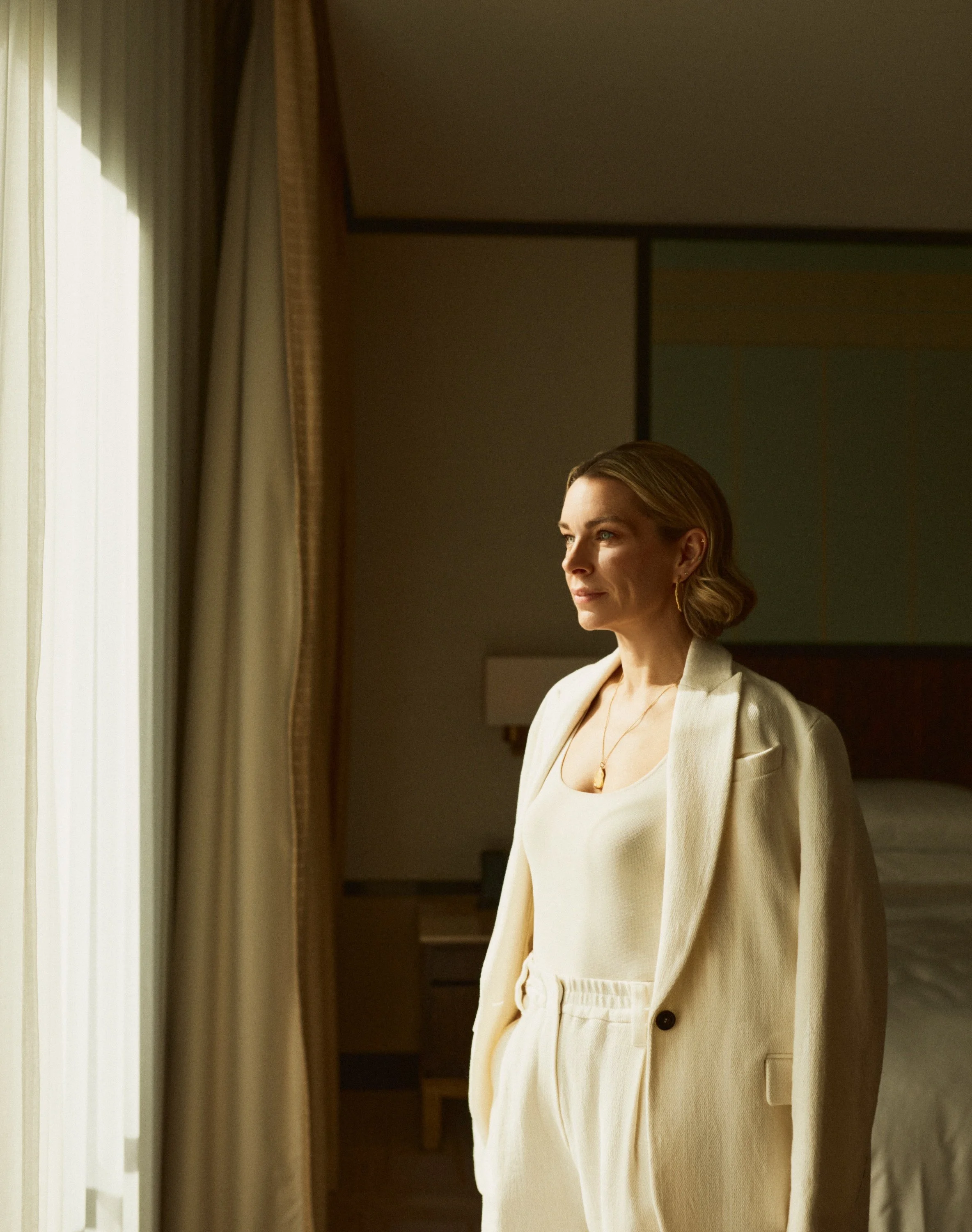Rewriting Parenthood
10 guest contributors rewrite 10 parenthood narratives which were once harmful, passing on a new, uplifting narrative for mothers and parents of today and tomorrow.

“PND is a ‘mum thing’.”
People asked me if I had any expectations about becoming a father and I’m not sure if I truly did but I did know I was up for the challenge and determined for this role to be my best one yet.
However, a few months in, I experienced a shift in my mental health that caught me off guard. I didn’t know what was wrong, but I knew I wasn’t ok.

“Breastfeeding Comes Naturally.”
Intimate. Emotional. Rewarding. Convenient. There are plenty of words I could choose to describe breastfeeding my first daughter. But ‘natural’ isn’t one of them. As I learnt so painfully when I struggled to breastfeed my second and found myself paralysed with guilt. If breastfeeding works for you and your baby, then great. Stick your breast pads in your bra and go forth and lactate. But realise you’re one of the lucky ones.

“Have a ginger biscuit.”
I made it my mission to do better as a midwife: to listen, to recognise, and to advocate for those enduring HG. I’ve met countless women whose experiences mirror my own: scared, trembling, apologising for being “dramatic,” clutching their makeshift sick bowls while being told to sip ginger tea. Every time I hear that advice, I remember lying there, wondering what was happening to me and why I couldn’t seem to cope like everyone else. That guilt is one of the cruellest side effects of this pregnancy-related illness.

“At least you can get pregnant.”
Medical professionals called my experience a “late miscarriage.” But that term didn’t, and still doesn’t, capture the depth of my loss. It felt clinical and dismissive. I had given birth. I had held my baby. I had lost him. Language matters, and the words we use can either validate or diminish someone’s experience.
Then came the phrase I heard again and again: “At least you can get pregnant.” It was meant to comfort, but it carried the wrongful assumption that another pregnancy would be easy, and that it would somehow heal me.

“Enjoy your time off”.
This is a phrase that pregnant women often hear in the workplace in the lead up to maternity leave, which infuriates me personally and professionally, as both a mother who struggled immensely with new parenthood, and a researcher with an interest in transitions to parenthood and employment.

“You’ll soon bounce back.”
For true health let’s think sustainable rather than super-fast. How we feel first and the results will come. Knowing that postnatal recovery takes time. Your body is beautiful exactly as it is. Stretch marks, wrinkles, rolls, scars and all. Each one a testament to the beautiful and life changing journey of motherhood. Remembering that we should always prioritise moving from a place of honouring our body rather than exhausting it.

“You chose this.”
But even if we did make a choice, motherhood isn’t a neat and tidy, one-size-fits-all experience. One that locks us into a lifetime of permanent bliss. It’s an ongoing, complex and ever-changing reality. One that brings just as much joy and beauty as it does relentless challenge and chaos.
And pretending otherwise is costing us.

“It won’t happen to me.”
When I found out I was pregnant with Leo, I was overjoyed - but also terrified. I’d miscarried just months earlier, and that grief lived in my body. Even as I tried to focus on the miracle, I couldn’t shake the anxiety that something might go wrong. At the same time, everyone around me - doctors, midwives, family - reassured me I was young, fit, healthy, and “low risk.”
That phrase was repeated to me again and again. It was meant to soothe me, but it also silenced me.

“It will be love at first sight.”
As the days passed, I began to realise that more than just my physical body had been broken. I was going through the motions, but I felt disconnected. I hadn’t bonded with my son in the way I had imagined. I kept asking myself, 'Why am I not feeling the love I fantasised about?' I wanted to breastfeed - it felt like the one thing I could control - but even that wasn’t working.
I was deeply afraid of being judged. I didn’t recognise myself. And slowly, postnatal depression crept in.

“Good mums should never want to be away from their children”.
I’m never far from judgement though and the persistent myth that a good mum shouldn’t want time away from her children. Whether it’s choosing to go on our honeymoon just the two of us, not taking Stanley (my 2.5-year-old joy) on a three-day, work-packed trip to South Africa, or simply letting him spend time with his grandparents, there’s always someone trying to shame me.
